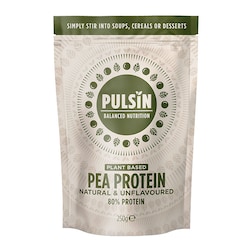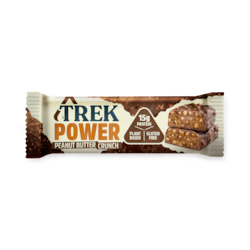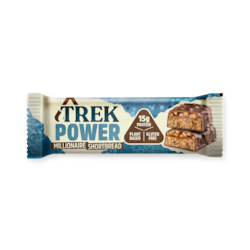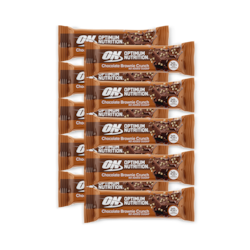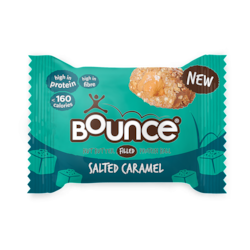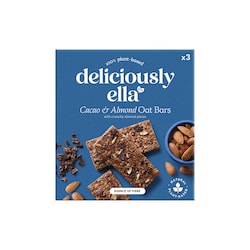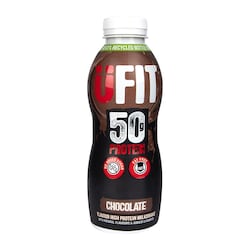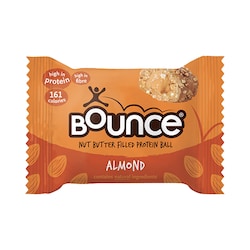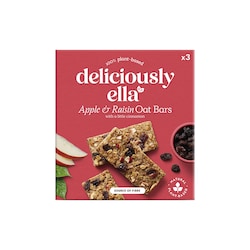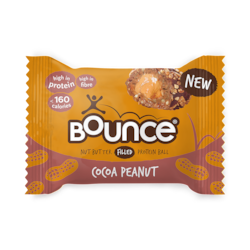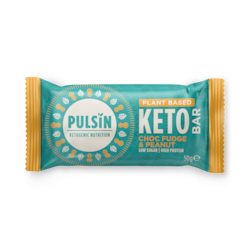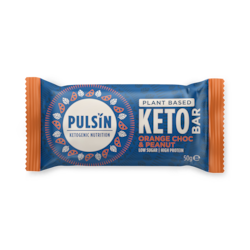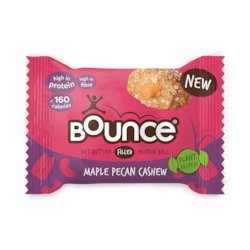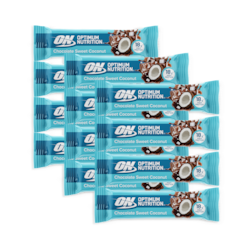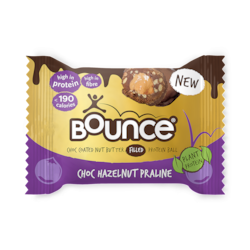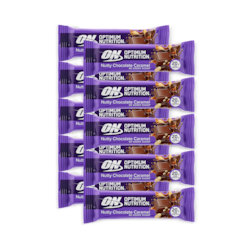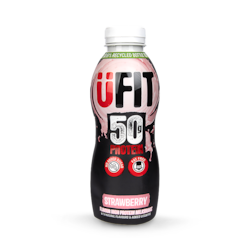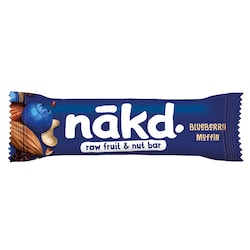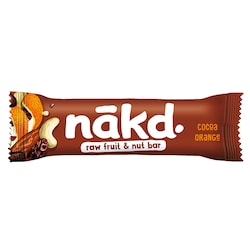15% off £30 OR 20% off £40
What is lean protein? Benefits & sources
.png)
Summary
1What is lean protein?
Lean protein is a source of protein that it low in saturated fat. Because of this, it’s also low in calories, hence it being called ‘lean.’...
2Why is lean protein good for you?
Being mindful of how much saturated fat you consume on a daily basis, especially from meat, is essential for good heart health...
3What are the best lean protein foods?
Meat aside, there are lots of different lean protein sources out there. To help you identify what they are, we’ve listed the main food sources...
There’s protein and there’s lean protein. But do you know the difference?
Maybe you think you do and you just want to check you’ve got it right.
Or perhaps this is the first you’ve heard of lean protein and you want to learn all there is to know about it.
Regardless of how you may have ended up here reading this article, we know you’re going to find it useful.
Here, Isabel Tarrant, one of our nutritionists, guides you through the ins and outs of lean protein, which includes answering some of your most commonly asked questions about this important food source.
What is lean protein?
Lean protein is a source of protein that it low in saturated fat. Because of this, it’s also low in calories, hence it being called ‘lean.’
Lean protein is widely recognised as being healthier for our bodies than non-lean protein because it happens to be much lower in saturated fat that can impact our heart health.
Consistently consuming high amounts of saturated fats has been linked to increased bad cholesterol levels, known as Low-Density Lipoprotein (LDL).
And having high LDL levels can result in fatty deposits building up within our blood vessels.
Over time, these fatty deposits grow and cause obstructions within our blood vessels.
As a result, it becomes increasingly difficult for blood to flow effectively through our arteries, causing a condition called atherosclerosis.
People who have this condition are more at risk of developing heart issues, such as heart disease and blood clots. They are also at greater risk of having a heart attack.
Why is lean protein good for you?
Being mindful of how much saturated fat you consume on a daily basis, especially from meat, is essential for good heart health.
Healthier food options, such as lean protein, are the ideal choice because they enable you to meet your protein intake requirements, as well as help you maintain healthy cholesterol levels and look after your heart.
Summary
- Lean protein is protein that’s low in saturated (bad) fat and calories
- Eating unsaturated fat is essential for good heart health
- Lean protein sources help you meet your protein intake requirements without raising your cholesterol levels
What’s the difference between lean protein and non-lean protein?
As we’ve mentioned up above, lean protein refers to protein that has a low fat content, particularly saturated fat content. In comparison, non-lean protein is recognised as being high in fat.
For example – a 100g portion of sirloin steak contains approximately 27g of protein, 11.4g of fat and 213 calories.
Now in comparison, the same amount of skinless chicken contains the same amount of protein (around 31g), but only 1.6g fat. What’s more, calorie-wise, it contains just 137 calories.
Due to the fact that fat is a calorie-dense macronutrient, lean protein happens to also be naturally lower in calories than normal protein because of the lower fat content.
So, while we’ve already mentioned that lean protein is good for heart health, gives you your quota of protein and is useful for maintaining healthy cholesterol levels, there’s another health benefit connected to it too.
It can also be useful to incorporate into your diet if you want to lose weight and are keeping a close eye on your calorie intake.
The table below shows you how the fat, protein and calorie make-up of lean protein compares to the fat, protein and calorie content in non-lean protein food sources.
| Protein source (per 100g) | Protein | Total fat | Saturated fat | Calories | |
|---|---|---|---|---|---|
| Lean protein | Skinless chicken breast | 30g | 1.6g | 0.5g | 137 |
| Skinless turkey breast | 33g | 2.2g | 0.5g | 155 | |
| Cod fillet | 21.5g | 1.3g | 0.3g | 98 | |
| Haddock fillet | 26.6g | 1.1g | 0.3g | 116 | |
| Lean beef mince | 31g | 4.7g | 2.1g | 168 | |
| Tofu | 13g | 1.9g | 1g | 123 | |
| Green lentils | 8g | 1.8g | 0.5g | 83 | |
| Chickpeas | 8g | 1.4g | 0.2g | 122 | |
| Low-fat Greek yoghurt | 7.5g | 0.5g | 0.1g | 59 | |
| Venison | 23.6g | 0.8g | 0.4g | 103 | |
| Trimmed lean pork filled | 32g | 3g | 1g | 162 | |
| Non-lean protein | Pork sausages | 18g | 24.6g | 8.7g | 299 |
| Sirloin steak | 27g | 11.4g | 4.9g | 213 | |
| Rump steak | 22g | 11.9g | 5g | 196 | |
| Duck leg | 24.3g | 14.9g | 4.8g | 244 | |
| Lamb leg | 17.6g | 18.7g | 9.5g | 239 |
Are eggs considered a lean protein?
You may have noticed that eggs didn’t feature in the table above and are now wondering how valuable/invaluable a protein source they are.
Generally speaking, eggs are recognised as being a convenient, versatile and healthy source of protein, but they do tend to contain quite a bit of saturated fat.
Egg whites are the leanest part of eggs and contain around 4g of protein, 17 calories and 0g of saturated fat per egg.
But when it comes to the egg yolks, they do contain saturated fat, around 1.6g per egg.
However, this doesn’t mean you should avoid eating eggs.
If you’re looking to lower your saturated fat intake, simply stick to eating just the whites, which are a good source of lean protein. You can still eat the yolks, but it’s best you do so in moderation.
Handpicked content: 5 healthy ways to cook eggs
Summary
-
Non-lean protein meat is high in fat
-
Lean protein can help you reduce your saturated fat consumption and calorie intake
-
Egg whites are the leanest part of eggs, which are a good source of protein
What are the top 5 leanest meats?
- Skinless chicken breast
- Skinless turkey breast
- Lean beef mince
- Venison
- Trimmed lean pork fillets
What are the best lean protein foods?
6 best lean protein sources
When should you take lean protein supplements?
Most people can get all the protein they need by eating a well-balanced and nutritious diet.
But in some cases, not everybody eats all of the protein they need every single day, especially if they are following a restricted diet, e.g. are eating a vegan diet, have allergies or are lactose intolerant.
Handpicked content: 21 best sources of vegan protein
As a result, this means that while there may be several different protein (and lean protein) sources out there, not all of them are suitable for everybody.
This is where protein supplements come in because they are an easy and convenient way of increasing your protein levels, if you need to.
The daily recommended guidance states that we should be consuming approximately 1g of protein per kg of our body weight.
Therefore if you weigh 60kg, then you need to consume approximately 60kg of protein a day.
And if you’re following a bodybuilding programme, you need to increase your protein intake by approximately 1.5g of protein per kg of your overall bodyweight.
Handpicked content: How much protein do you really need?
If you think about how much protein you need to consume on a daily basis, and are struggling to reach the required amount, it may be a good idea to supplement with a protein powder to make sure you meet your requirements.
Similarly, if you have started a new weightlifting or fitness routine and are focused on building muscle, you may wish to add a protein powder to your diet to help you reach your goals.
Protein powders are extremely versatile and can be used in many ways to suit your lifestyle. They can be mixed with milk to create a delicious milk shake to take on the go.
Alternatively, you can also blend protein powders into a smoothie with your favourite fruits and vegetables.
Or you may want to add some to your porridge or other cereal in the morning or mix it with Greek yogurt topped with fresh berries.
Lean protein powder vs. protein powder – what’s the difference?
Lean protein powders differ from normal protein powders because they have a lower fat content, particularly saturated fat, and higher protein content than regular protein powders.
Just like protein food sources, lean protein powders also tend to be lower in calories when compared to regular protein powders. This means they’re ideal if you want to lose fat, build muscle and maintain a lean and toned physique.
One of the main types of lean protein powder is whey isolate.
Whey isolate is different to regular whey concentrate because it has been specially processed so that it contains less fat and lactose. In turn, this means it has a higher, more ‘pure’ protein content.
Whey isolate contains more than 90% protein and approximately 0.1g of fat compared to regular whey, which contains around 70% protein and 3g of fat per serving.
And because the lactose is removed from whey protein isolate, it’s also an ideal option for people who have a lactose intolerance (but not a milk allergy).
When shopping around for the best whey protein isolate supplement, look for products that have been sourced from grass-fed cows because the milk produced by grass-fed cows tends to be lower in saturated fat than milk produced by cows that have been fed chemically-treated grains.
Summary
-
Protein supplements are good to take if you aren’t getting enough protein from your diet alone, can’t eat certain food sources due to allergies or are following a specific diet (e.g. vegan)
-
The recommended daily protein guidance is approximately 1g of protein per kg of your body weight
-
Lean protein powders have a lower fat content, particularly saturated fat, and higher protein content than regular protein powders
Takeaway
If you’re new to the concept of lean protein, then hopefully this article has made you realise that it’s an everyday food source.
You just need to know where to find it (which you do now), and recognise that certain food naturally contains less saturated fat and more protein, which is the ideal.
Obviously, if you are struggling to eat enough lean protein on a daily basis or just simply prefer upping your levels by using supplements, there are plenty of options for you to choose from, starting with the two top product picks hand-selected by Isabel above.
If you’re wondering if you should be taking protein supplements, personal trainer, Samantha Rea, explains why we could all benefit from a little extra protein.



